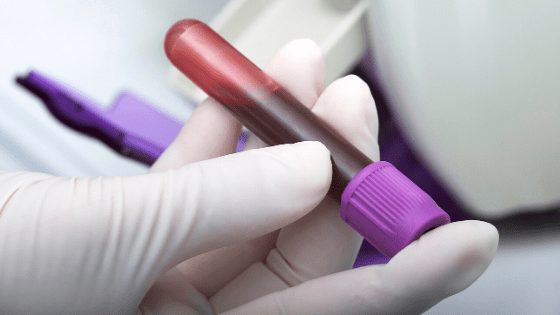In 2013 when I joined Antiphospholipid Antibody Syndrome (APAS) Facebook support group, it had barely a thousand members. Now, we are nearing 9,000 members. It’s is a double-edged sword because the increase means more moms are being diagnosed with APAS and other reproductive-immune disorders (RIDs).
APAS is only one out of the five different RID categories based on Dr. Alan Beer’s 2009 book, Is Your Body Baby-Friendly. The latest 2019 edition does not include the categories, but immunologists maintained them due to simplicity and ease in treatment guidance.
When my doctor warned me that I could have APAS, my world turned upside down. During that time, seven years ago, there were very few references about the condition, and I was really grappling on the next action we would take.
The best way to start is to look for a doctor that specializes in treating RIDs, more so someone who has had much success in managing the condition. It is of utmost importance to find doctors who you trust and who you are comfortable with because you will be working with them for the whole duration of your pregnancies.
A woman suspected to have RID may need to be looked after by several doctors: an obstetrician-gynecologist or perinatologist, an immunologist, and in some cases, a fertility specialist and endocrinologist. (Click here to check which doctors your need in your team.)
I was more than grateful to have found my primary physicians who took care of me during my successful pregnancies with Santiago and Lucia. They are Dr. Valerie Guinto, who is a perinatologist, and Dr. Caroline Gloria, an allergist and reproductive immunologist.
Your need to take a series of immunology tests
To confirm if you indeed have a RID, your ob-gyn or immunologist would require you to undergo some immunology tests to check in which categories your case belongs.
In the past, we have seen doctors who only test for APAS or Category 2. However, based on anecdotes that we have witnessed in the Facebook group over the past few years, it is best to get tested for all categories because treatment and medical protocols vary in each one.
The following are some of the more common immunology tests required: (Note: You need to discuss these with your doctor. This list is only a reference on what you can expect if you are suspected of having RID, and it is not meant to be a substitute to your doctor’s orders.)
Category 1: Tissue Type Compatibility
Lymphocyte Antibody Test
This test measures the level of blocking antibodies in a woman’s blood. According Dr. Beer, “inadequate response for this test can signify the inability of a woman to produce blocking antibodies, which protect the fetus from rejection.”
Tissue Crossmatch
In this test, the husband’s lymphocytes are mixed with the serum of the wife. If the results come out negative, it means that the wife may not be able to produce the blocking antibodies needed to protect her pregnancy.
Category 2: Blood Clotting Defects
Dilute Russell Viper Venom Time or DRVVT, Silica Clotting Time or SCT, and Kaolin Clotting Time or KCT
These are different tests to measure blood coagulation or the presence of lupus antibodies. These tests measure the length of time it takes for the blood to clot. Problems in blood clotting can cause miscarriages, preeclampsia, preterm labor, among others.
Antiphospholipid antibody tests
These tests measure the presence of antibodies to phospholipid molecules that are critical for the implantation and growth of the embryo. When these antibodies are present, they disrupt cell function and can cause pregnancies to fail early.
Category 3: Immunity to Pregnancy and Antibodies to the DNA
Antinuclear antibody test
It’s also a blood test where the woman is checked for antinuclear antibodies. If she has positive results, she may be suffering from an immune imbalance. According to Dr. Beer, this test is often weakly positive in women experiencing infertility or recurrent pregnancy losses. The presence of these antibodies can cause inflammation in the placenta and can lead to implantation failure or pregnancy loss.
Category 4: Antibodies to sperm
Anti-sperm antibody test
This test measures if the man or the woman is producing antibodies to the sperm, which can hinder conception. According to Dr. Beer, both men and women can have anti-sperm antibodies. The presence of these antibodies results in the inability to conceive normally.
Category 5: Natural Killer Cells and Antibodies to Hormones and Neurotransmitters
T/B/NK cell enumeration test, NK cell cytotoxicity test, Anti-thyroid antibody tests
These different tests measure certain antibody levels produced by the woman. According to Dr. Beer, any variation above normal levels can predict future pregnancy loss.
Not all hospitals or laboratories offer all these tests. It would be best to consult with your doctor on which laboratories or hospitals to go to so that they can guide you properly and manage your expenses. They’re all specialized tests, so prepare to spend. Some patients would require more confirmatory tests based on these initial results.
Author’s note: This article first appeared in Smart Parenting last March 15, 2020. View my other articles here>>






